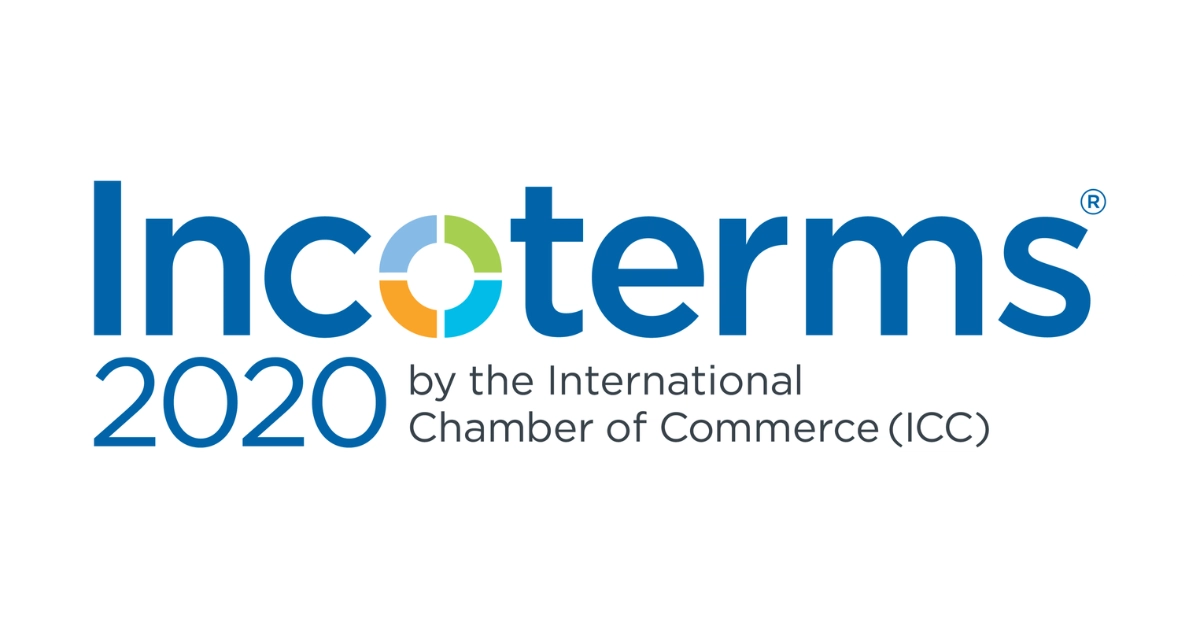TheInternational Chamber of Commerce (ICC) is working to publish the new Incoterms 2020 later this September, to come into force at the beginning of next year. According to the ICC, this publication will include an update on the regulations that define the responsibility of buyers and sellers operating in global trade.
About Incoterms
Incoterms stands for “International Commerce Terms”. Incoterms were conceived by the ICC in 1936, in order to avoid miscommunication which was rife in international trade. At the time they were born under the name “International Rules for the Interpretation of Trade Terms”.
The introduction of standardized rules and interpretations greatly improved international trade transactions. From then on, these rules were adjusted and evolved in line with international trade.
Expected changes to Incoterms 2020
The Incoterms in force (which you can find here) are from 2010. With the changes felt in world trade, it has become urgent to adjust to the new reality. To this end, and so that these adjustments are aligned with the real needs felt, the International Chamber of Commerce has put together a development group, made up of 5 members representing the world’s main trading areas – the European Union, the United States of America, Australia and China.
This working group’s action plan is to simplify the rules and bring them into line with current reality. The aim is to have a clearer text, without superfluous or confusing information. This group must also take into account that English will not be the native language for many Incoterms users.
There are, however, aspects such as VAT, Customs Unions or VGM, where no changes are expected. This is due to the fact that this update seeks to standardize global rules, leaving aside local issues with intrinsically different characteristics.
Among the changes expected in the Incoterms are:
- The elimination of EXW (Ex Works), DDP (Delivered Duty Paid) and FAS (Free Alongside Ship);
- Extending the scope of the FCA (Free Carrier Arrangement);
- Updates on FOB (Free on Board) and CIF (Cost, Insurance & Freight);
- The emergence of CNI (Cost and Insurance).
Cyber security will also be a factor in the new Incoterms. In recent years, with the increase in the use of these systems, there has also been a growing increase in cyber attacks involving the deletion, theft or corruption of data, as well as the theft of financial information. The creation of an Incoterm to protect against these new dangers is therefore to be expected. In addition, it is hoped that companies involved in international trade will be made more aware of the potential dangers that may arise, helping them to take precautions.
Conclusion
International trade has undergone significant changes in the last decade, and the current reality is different from that of 2010. With this in mind, ICC, based on the knowledge it has accumulated over the last decade, has put together a team of experts from the world’s most important markets to update the new World Trade Terms – Incoterms. The hope is that:
- Clarification and allocation of risks and responsibilities;
- Product packaging, marking and inspection;
- Safety Certificate;
- Stakeholder responsibility
The new Incoterms 2020 will be launched later this month, to come into force on January 1, 2020.
To find out more about the new Incoterms 2020 rules, see the International Chamber of Commerce website.
Green Ibérica will be keeping a close eye on this issue and, as soon as news emerges, we will share it with our customers.

